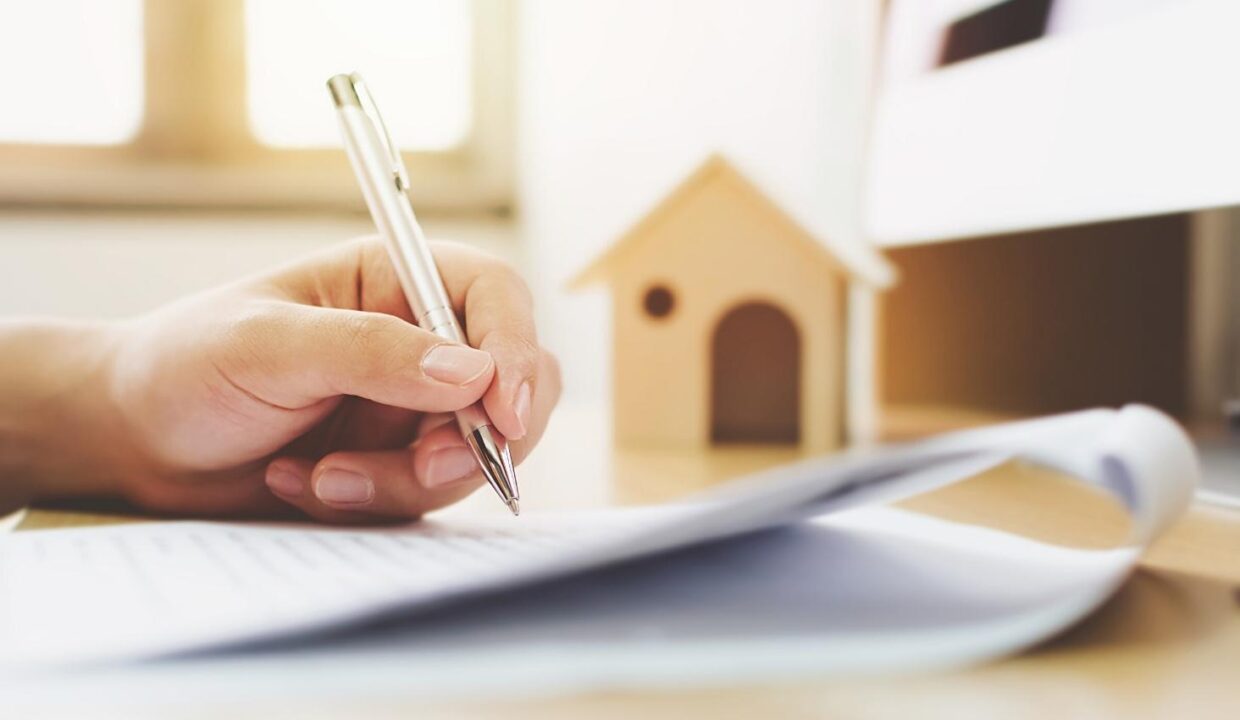
Applying for a mortgage is an essential part of the home buying process. Your house loan will determine how much you can afford and which type of property you can purchase.
Many elements can determine the type of loan you can qualify for and the number of mortgage interests you will need to pay. Therefore, here is a list of dos’ and don’ts to keep in mind before applying for a mortgage.
What to DO Before Applying for a Mortgage:
· Improve your Credit Score: Your credit score will play an essential role in determining how much interest rate you will need to pay and what type of loan you can qualify for. Take the time to improve it as much as possible before applying for a mortgage. Although it may delay the home buying process at first, it could also save you a lot of money in the long run.
· Understand your Loan Options: there are many different types of loans out there. Before setting your heart on one, you need to understand what you qualify for and how the home loan you pick will affect you in the long run. For example, some mortgages are only available in some areas or for some people. Keep in mind that low down payment options are often synonymous with mortgage insurance, which will increase your monthly payments and are contingent upon the type of property you want to buy.
· Pay Down Your Debts: paying down your debts will help you increase your credit score. Besides, it will also free some room in your budget to pay for home maintenance and other expenses, such as property taxes, furnishing your new home, and so on.
· Understand Your Budget: Your budget allotments may change once you become a homeowner. First-time home buyers often underestimate how much owning a house may cost. You will need to handle regular maintenance, such as landscaping, and set up part of your budget to repair important elements of your home in the long run, such as taking care of the roof or replacing your HVAC system. You will also need to set some money aside for unexpected repairs.
· Save Up for a Down Payment: although low down payment home loans exist, they often require borrowers to pay for mortgage insurance. A larger down payment also means that you will need to borrow less money to buy a house and, therefore, pay less interest.
What NOT to do Before Applying for a Mortgage:
· Forget to Check Your Credit Score: Having a good or excellent credit score is a determining factor to know if you are ready to buy a house. Monitor your credit score regularly to avoid any nasty surprises.
· Close a Credit Card Account: Paying off credit card debt can help you increase your credit score and leave more room in your budget. However, refrain from closing the credit card account associated since it will lower your credit score. It is best to keep a $0 balance until you have bought your new home.
· Switch Jobs: Most lending institutions require borrowers to have spent at least two years in the same position to be approved for a mortgage. By switching jobs before applying for a mortgage, you could jeopardize your chances of getting a loan.
· Make a Major Purchase: Making a large purchase, such as a car or a luxury vacation, is not a good idea before applying for a mortgage. If you increase your debt, your credit score will be affected, and you may not obtain reasonable mortgage rates or even be approved for a home loan. Buying a house is also expensive since you have many out-of-pocket expenses (closing costs, down payments, paying for moving and furnishing your new home, etc.) Save any major purchases until after you are settled in your new abode.
· Co-sign on a Loan: Co-signing on a loan may lower your credit score even if the co-signer stays on top of the payment. It could also prevent you from being approved for a home loan since it will increase your debt-to-income ratio.
We hope this list will help you prepare to apply for a mortgage so you can finance the home of your dreams.
